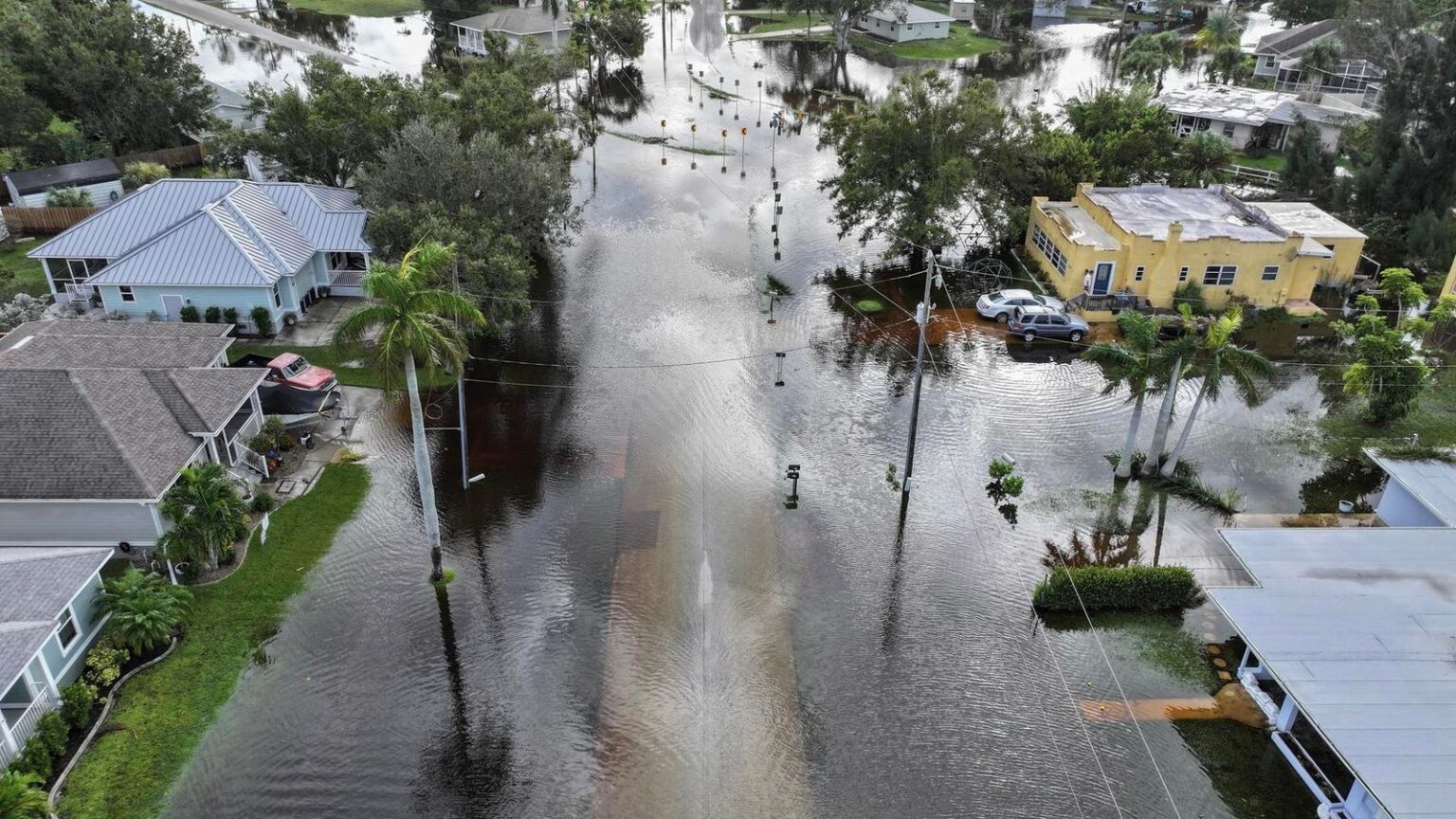The IRS does a great job of issuing guidance and relief for disaster victims, giving extra time for their tax return filings and tax payments. But given the string of hurricanes and other issues this year, the series of tax filing and payment deadlines can be confusing. Now that the Oct. 15 extension deadline has come and gone, the IRS is reminding disaster-area taxpayers who received disaster extensions to file their 2023 returns that, depending upon their location, are due on Nov. 1, 2024, Feb. 3, 2025, or May 1, 2025.
Here is how it shakes out. Taxpayers in parts of Arkansas, Iowa, Kentucky, Mississippi, New Mexico, Oklahoma, Texas and West Virginia have until Nov. 1, 2024, to file their 2023 returns.
Taxpayers in the entire states of Louisiana and Vermont, all of Puerto Rico and the Virgin Islands and parts of Arizona, Connecticut, Illinois, Kentucky, Minnesota, Missouri, New York, Pennsylvania, South Dakota, Texas and Washington state have until Feb. 3, 2025, to file their 2023 tax returns.
Taxpayers in the entire states of Alabama, Florida, Georgia, North Carolina and South Carolina, and parts of Tennessee and Virginia will have until May 1, 2025, to file their 2023 returns. For these taxpayers, May 1 will also be the deadline for filing their 2024 returns and for paying any tax due.
Eligible taxpayers are individuals and businesses affected by various disasters that occurred during the late spring, summer and early fall of 2024. However, be careful: for extension filers, payments on the 2023 tax year returns are not eligible for the additional time, because those payments were originally due last spring before any of these disasters occurred.
The IRS normally provides relief, including postponing various tax filing and payment deadlines, for any area designated by the Federal Emergency Management Agency (FEMA). As long as the taxpayer’s address of record is in a disaster-area, individual and business taxpayers automatically get the extra time, without having to ask for it. The current list of eligible localities is always available on the disaster relief page on IRS.gov.
But even if you are not in a disaster area, you still could get the extra time. The IRS says that it will work with any taxpayer who lives outside the disaster area but whose records necessary to meet a deadline occurring during the postponement period are located in the affected area. But this relief is not automatic. Taxpayers qualifying for relief who live outside the designated disaster are should contact the IRS at 866-562-5227. This also includes workers who assisted with relief activities who are affiliated with a recognized government or philanthropic organization.
Special relief for terrorist attacks in Israel
Taxpayers who live or have a business in Israel, Gaza or the West Bank, and certain other taxpayers affected by the terrorist attacks in the State of Israel have until Sept. 30, 2025, to file and pay. This includes all 2023 and 2024 returns. But please note that payments on 2023 tax year returns are not eligible for the additional time, because they were originally due prior to the terrorist attacks.
Read the full article here

